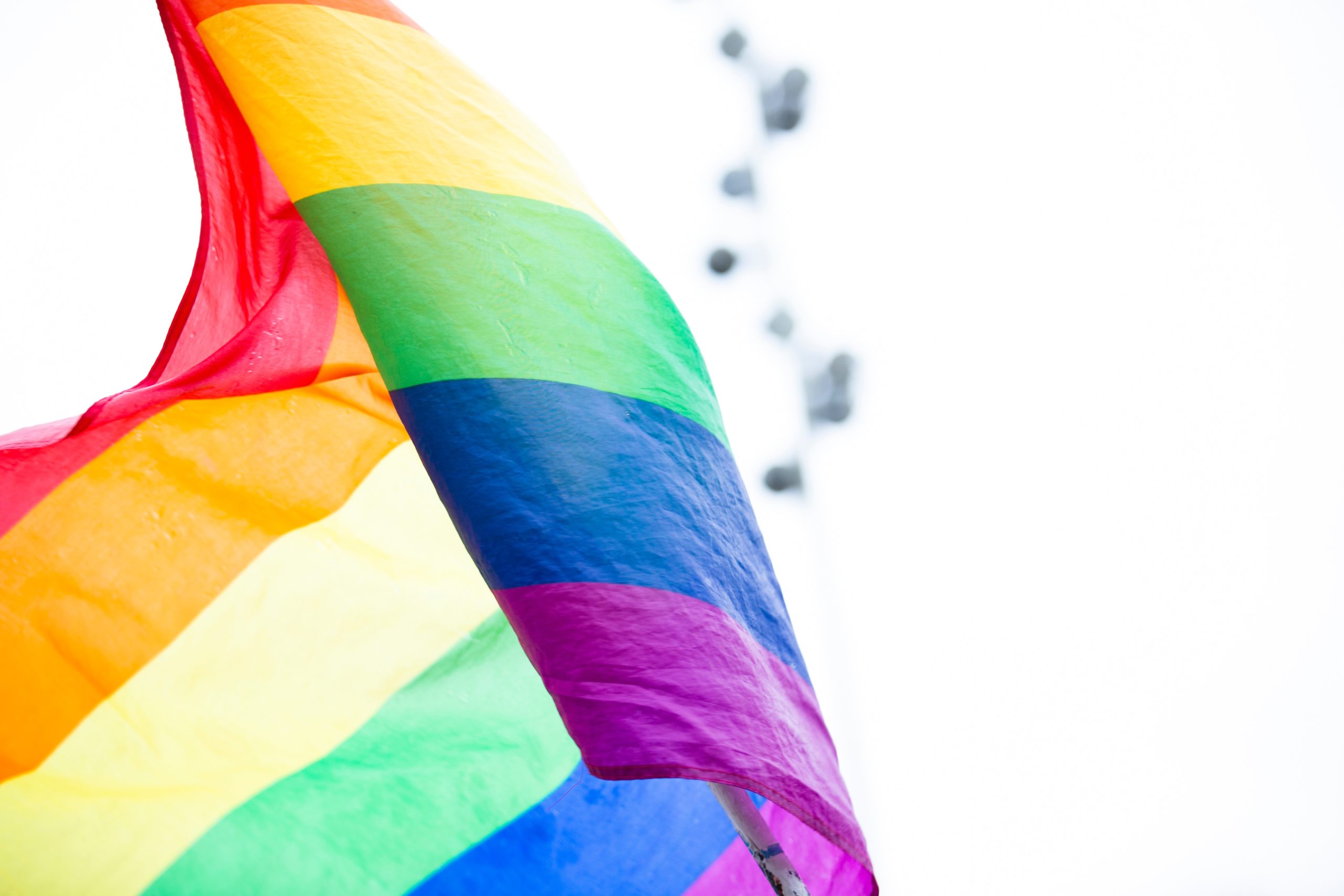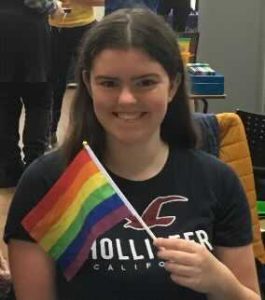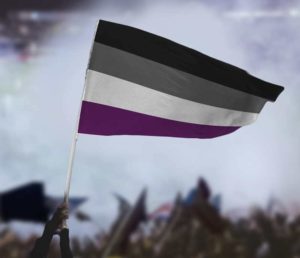Pride Month 2021: Why is Pride important to you?

As we reflect on the learnings, activities and celebrations of Pride Month 2021, we asked some members of the Healx family to share their thoughts on why Pride is so important. Here’s what Emma, a bioinformatician on the team, had to say:
 When I was around 17, I started becoming more aware that I was different from my friends. I had no interest in being in a relationship, and had never had a crush on anyone. I started thinking that there must be something wrong with me, and that part of me must be broken. I knew a little about the LGBTQ+ community, but this was mostly from my LGBTQ+ friends and the internet as it wasn’t discussed much in school lessons. Eventually, I started searching on the internet to see if there was anyone else like me. I found a website with information about asexuality, and I realised that it was describing how I felt. For the first time in my life, I had a feeling about who I was. I realised that I wasn’t broken, and that there were others like me. Luckily, my close friends were very supportive when I told them.
When I was around 17, I started becoming more aware that I was different from my friends. I had no interest in being in a relationship, and had never had a crush on anyone. I started thinking that there must be something wrong with me, and that part of me must be broken. I knew a little about the LGBTQ+ community, but this was mostly from my LGBTQ+ friends and the internet as it wasn’t discussed much in school lessons. Eventually, I started searching on the internet to see if there was anyone else like me. I found a website with information about asexuality, and I realised that it was describing how I felt. For the first time in my life, I had a feeling about who I was. I realised that I wasn’t broken, and that there were others like me. Luckily, my close friends were very supportive when I told them.
I realised that I was asexual a few days before my local Pride parade and celebration (‘Northern Pride’ in Newcastle). Some of my friends were planning on going, and invited me along. I was a little nervous, because I wasn’t sure what to expect and everything was still new to me. It was amazing to see people with ace flags – the flag which represents asexuality – marching through the city centre. My first Pride really made me feel like I belonged. Since then, I have attended quite a few more Pride celebrations, including Northern Pride in Newcastle, York Pride and National Student Pride in London. Each one has made me feel included and connected to the community. One of my favourite parts of York Pride is marching through some of the residential streets close to the city centre and seeing people, varying from young children to the elderly, waving from their windows and waving flags. When comparing how nervous and unsure I felt at my first Pride event in 2015, and my most recent one at National Student Pride just before the first lockdown, I feel so much more confident in who I am now.
“One of my biggest hopes is for a future where anyone can proudly be themselves without living in fear or discontent.”
Pride and the LGBTQ+ community was also a large part of my life at university. I made the majority of my university friends through events with the LGBTQ+ Social Society. These were designed to provide a safe space for any LGBTQ+ students to have fun, be themselves and meet other people in the community. I regularly attended these events throughout my time at university, ranging from bar crawls to games or film nights. During my first year, I was approached by the Chair of the Society and was encouraged to run for committee. I was elected as an Ordinary Member, and this meant I was involved in organising and running the events. It was great to have the opportunity to meet people from various backgrounds and of different sexual orientations and genders. Eventually, I became Chair of the Society in my final year. Organising and running the society and the larger events was a fun way of giving something back to the community, and it was great to have the opportunity to help younger students who were just beginning to discover themselves. We also joined up with the university’s LGBTQ+ Network (more involved in campaigning and charity work) every year for York Pride. The university would often have a place within the parade, and it was a great way of celebrating with others.
However, as far as we as a society have come in terms of acceptance and understanding of the LGBTQ+ community, there’s still a long way to go. It’s incredibly disheartening reading stories in the news and online about how various communities within the wider LGBTQ+ community are being treated, and various laws being made in different countries worldwide. I also wish there had been more emphasis on LGBTQ+ education while I was at school. Even though Section 28 was no longer in effect by the time I was 6, I can recall only a couple of lessons about the community and its history throughout all of my school years.

Asexuality is a lesser known sexual orientation within the LGBTQ+ community, and there isn’t much representation in the media. Society, and in turn the majority of media, places a lot of emphasis on settling down and finding happiness through meeting the right romantic partner. Those who do not want that, or are not interested in that, are often labelled as being ‘emotionless robots’ or having something inherently wrong with them. If asexuality was discussed more and in a more positive light in the media or at school, I might not have felt quite as isolated and confused as a teenager and I might have discovered myself sooner.
However, I still have hope for the future. Pride and other LGBTQ+ events always make me feel included and happy, and it’s great to see other people finally discovering themselves due to greater representation in the media and more frequent conversations about sexuality and gender. One of my biggest hopes is for a future where anyone can proudly be themselves without living in fear or discontent.
